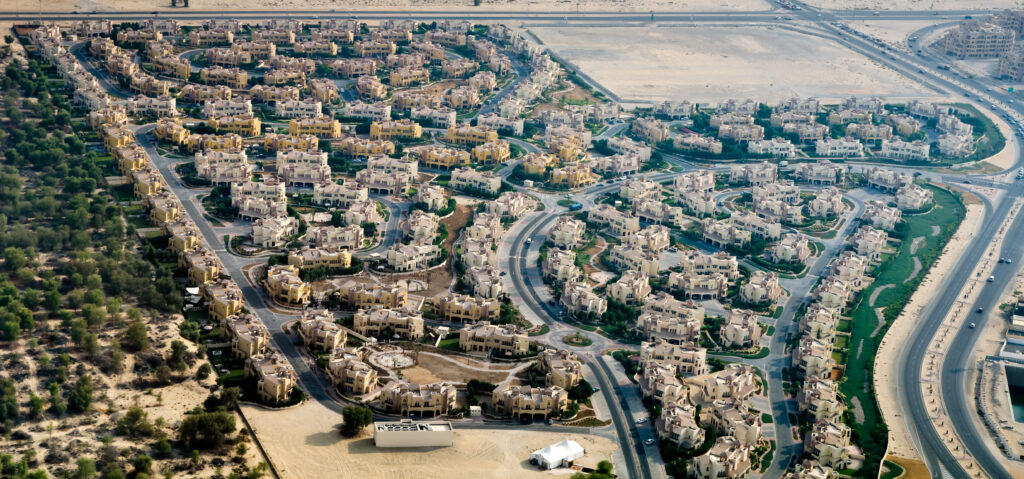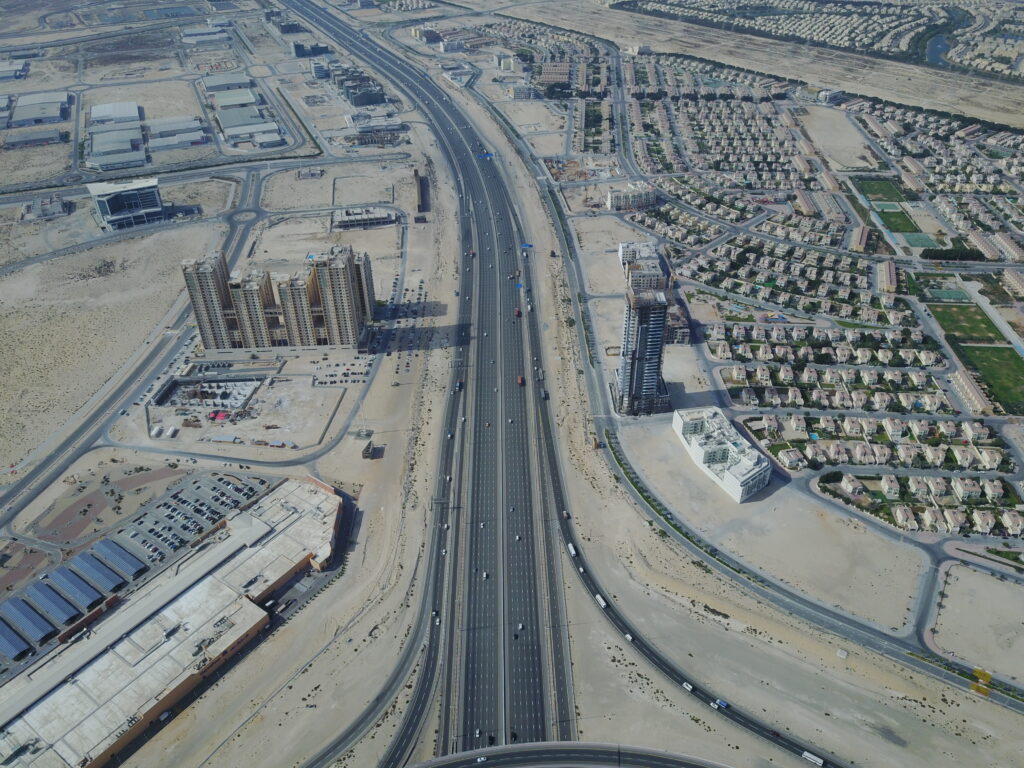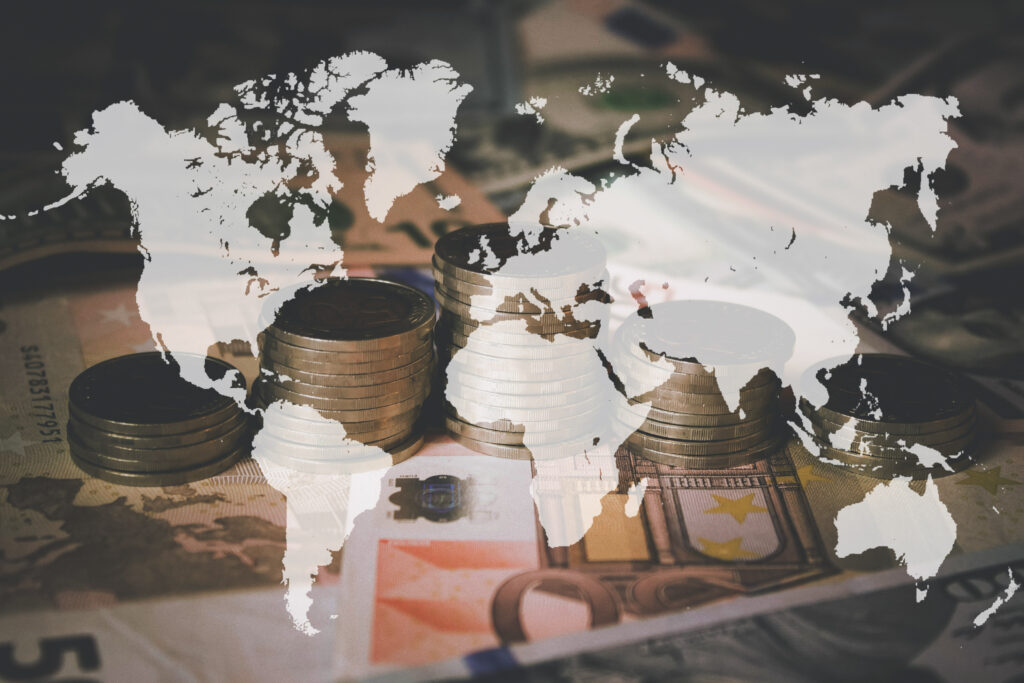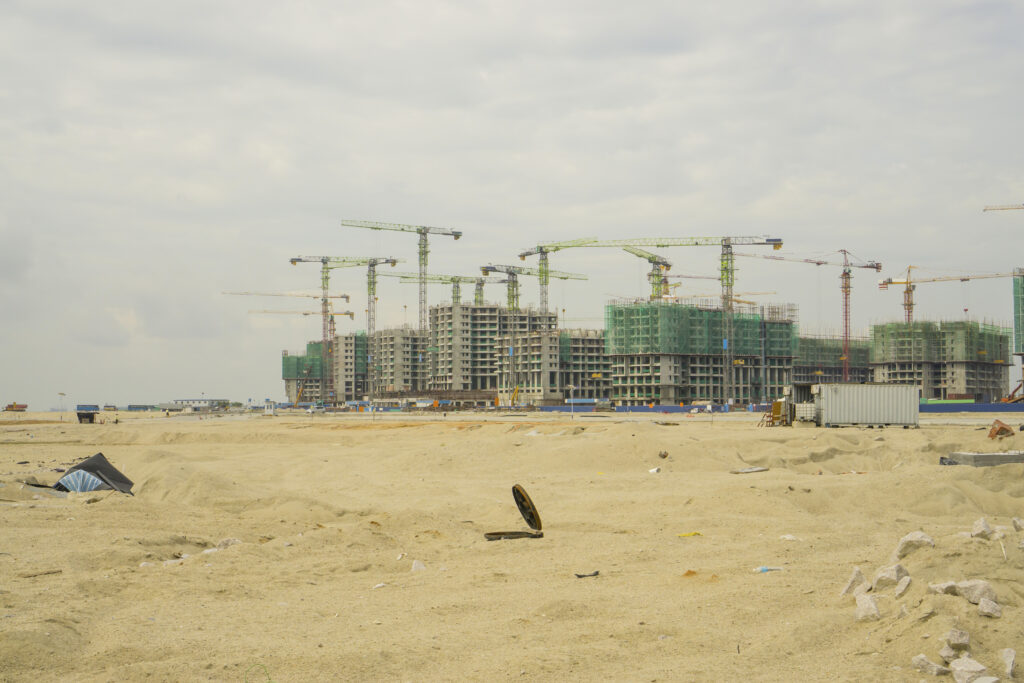Iraq’s Real Estate Market Faces Over 120% Inflation Amid Political and Global Pressures
Iraq’s real estate sector is grappling with unprecedented inflation — reportedly exceeding 120% in some regions — driven by a complex mix of political instability, global economic pressures, and local market stagnation.
This sharp rise in property prices has led to significant market imbalances, putting homeownership out of reach for many Iraqis and discouraging both local and foreign investment in residential and commercial developments.
Key Drivers Behind the Surge
- Political Uncertainty:
Ongoing political gridlock and administrative inefficiencies have slowed regulatory reforms and real estate project approvals. The lack of clear governance creates hesitancy among investors and developers, weakening market confidence. - Currency Volatility and Import Dependence:
The depreciation of the Iraqi dinar, paired with Iraq’s heavy reliance on imported construction materials, has driven up the cost of building and property development. This has inflated home prices well beyond the average buyer’s purchasing power. - Global Economic Spillover:
International supply chain disruptions, inflationary trends, and tightening monetary policies in major economies have had a knock-on effect in Iraq. Higher costs of borrowing and reduced access to credit are further stalling property market activity. - Market Stagnation and Lack of Transparency:
Despite price surges, transaction volumes remain low. Many properties sit vacant or unsold due to affordability issues and the absence of a reliable real estate data system, which makes market analysis and decision-making difficult for investors.
Socioeconomic Impact
The widening gap between supply and demand in Iraq’s housing market is impacting young Iraqis the most — particularly first-time buyers who are now priced out of ownership and forced into an inflated rental market.
Moreover, developers are struggling to maintain project momentum amid rising input costs, limited access to financing, and regulatory bottlenecks. The result is a slowdown in housing delivery at a time when the population’s housing needs continue to grow.
The Path Forward
For Iraq to stabilize and revitalize its real estate sector, comprehensive reforms are needed, including:
- Implementation of transparent land valuation and pricing systems
- Strengthening financial infrastructure to support mortgages and loans
- Encouraging foreign direct investment (FDI) with clearer regulations
- Supporting affordable housing initiatives through public-private partnerships
A resilient property market is vital for Iraq’s long-term economic recovery and social stability. While the current environment presents serious challenges, it also opens the door for targeted intervention and sustainable growth strategies.
